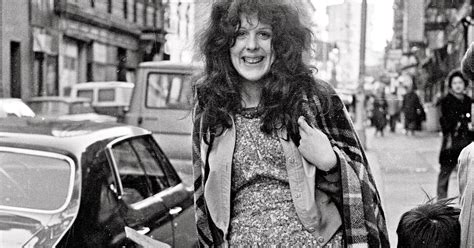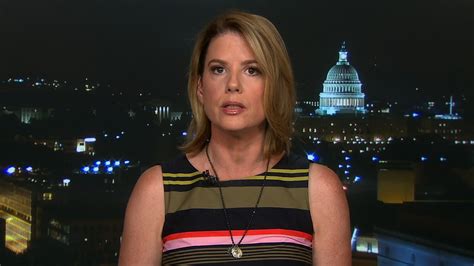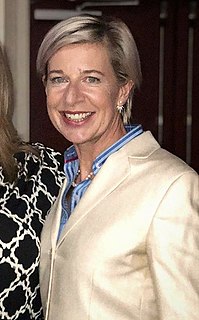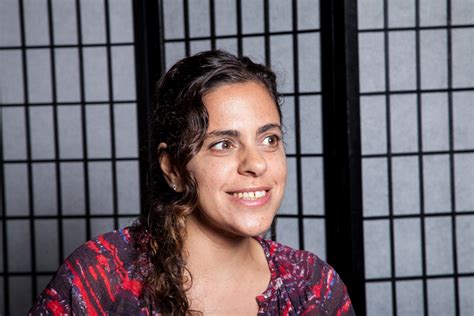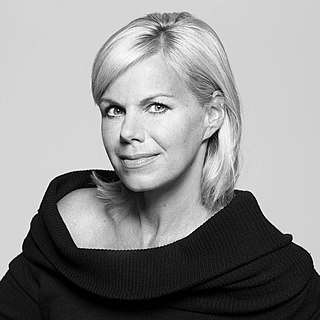A Quote by Camille Paglia
What troubles me about the "hostile workplace" category of sexual harassment policy is that women are being returned to their old status of delicate flowers who must be protected from assault by male lechers. It is anti-feminist to ask for special treatment for women.
Related Quotes
The reality is that we do not live in a predominantly feminist or 'gender equal' world, and many Australian women are experiencing workplace discrimination, sexual harassment, online abuse or worse, or common forms of casual, everyday sexism. They find themselves dismissed, talked over, ignored or facing backlash for doing the same thing their male colleagues are doing.
We have come a long way, particularly in terms of women becoming more equal under the law. Fortunately, workplace discrimination is now a crime - but unfortunately women still experience it. Fortunately, sexual harassment is now a crime - but unfortunately women still experience it. Fortunately, the assault of women is now a crime - but unfortunately women still experience it. The list goes on.
The idea of being a feminist-so many women have come to this idea of it being anti-male and not able to connect with the opposite sex-but what feminism is about is equality and human rights. For me that is just an essential part of my identity. I hope [Girls] contributes to a continuance of feminist dialogue
I ask myself a lot how other women can be against the ideology that has to do with women empowering other women. Going along with the access of power and the status quo and forging a special position and the thought process that goes: I am not like those women. When it comes to things like assault, for example, perhaps it makes them feel safer. It's the denial: I'm okay. This won't happen to me. Acknowledging that the world is a profoundly unsafe for women is a scary thought.
We talk about sexual harassment in the workplace, but there's sexual harassment in schools, right? There's sexual harassment on the street. So there's a larger conversation to be had. And I think it will be a disservice to people if we couch this conversation in about what happens in Hollywood or what happens in even political offices.
Women don't want equal treatment, they couldn't handle it if they got it. It's a tough world out there. What a lot of women are actually looking for is special treatment. What women need to realise is that they have to toughen up, we can't ask for equal pay, you have to be paid on performance and the results you deliver.
Colleges are a unique space in our culture. They're a temporary constellation of humans, like a workplace. And the rules about sexual assault and harassment in a workplace are narrow rules. They're stricter than what's considered criminal on a city street. By this logic, the same rules should exist at universities too.
We're not going to fix the sexual harassment epidemic unless we can acknowledge that this is not a women's issue, this is a man's issue. The burden should not be on the shoulders of women only to solve this, because we can't do it alone and it's not fair. We're seeing now the tsunami of all these women coming forward, which is such a blessing. But the tipping point will be when men in the workplace decide to be our allies.
At the beginning of my career, a more senior photographer told me to shoot stories on women and I didn't want to. But I spent two and a half years in India and chose to do stories about women because I was shocked by their treatment. My stories in the Middle East and on the border of Europe and Asia were a response to my time in India. They weren't driven by a feminist idea but when you're moved by women's issues in these countries you can't help becoming a feminist somehow.


